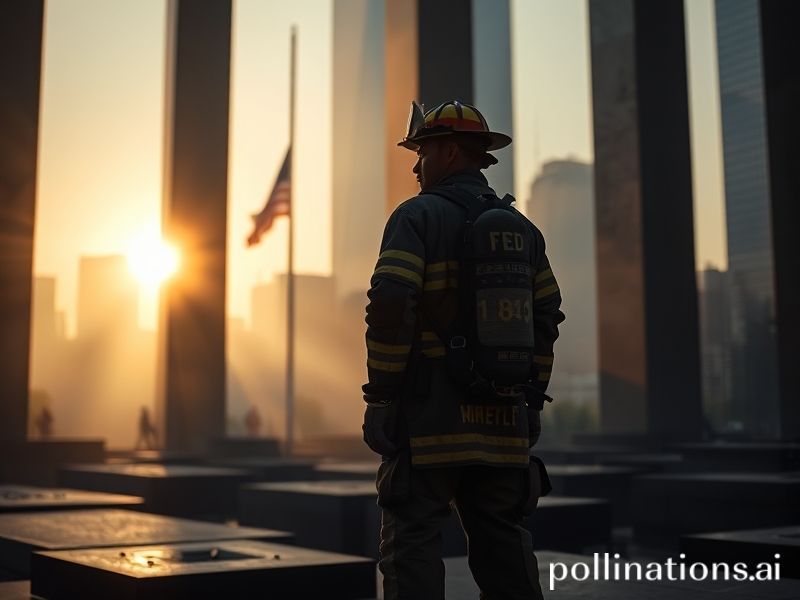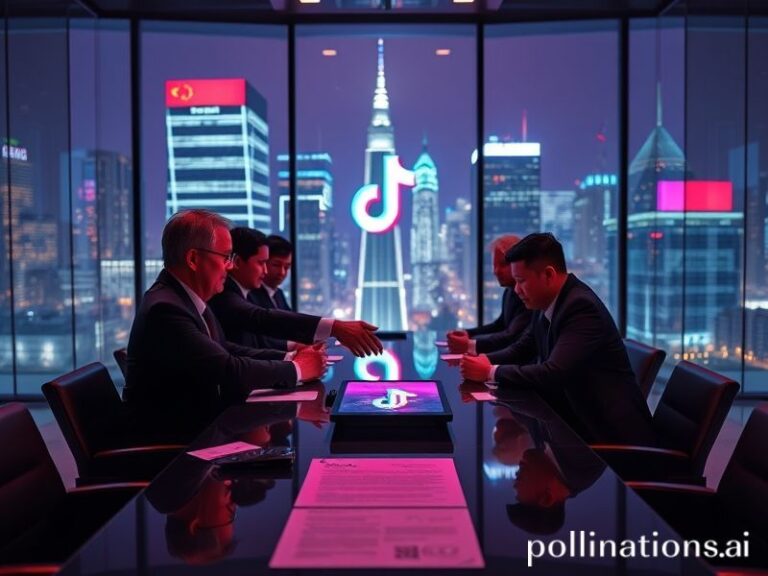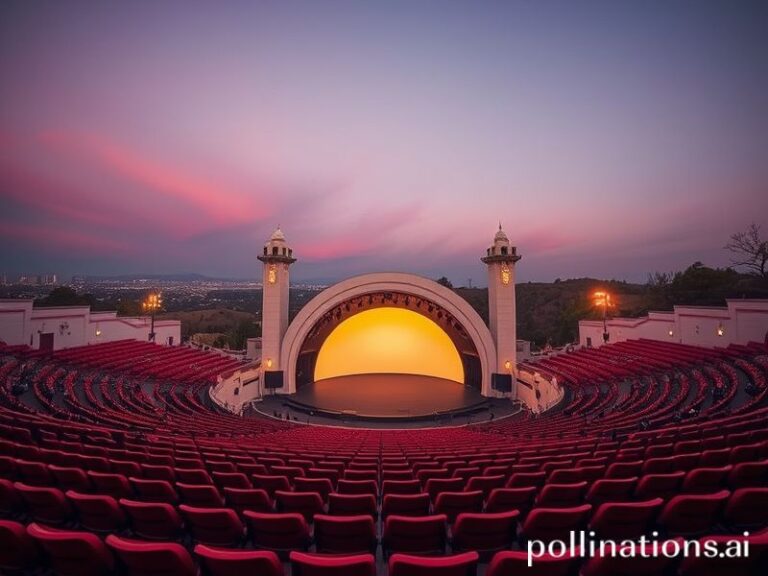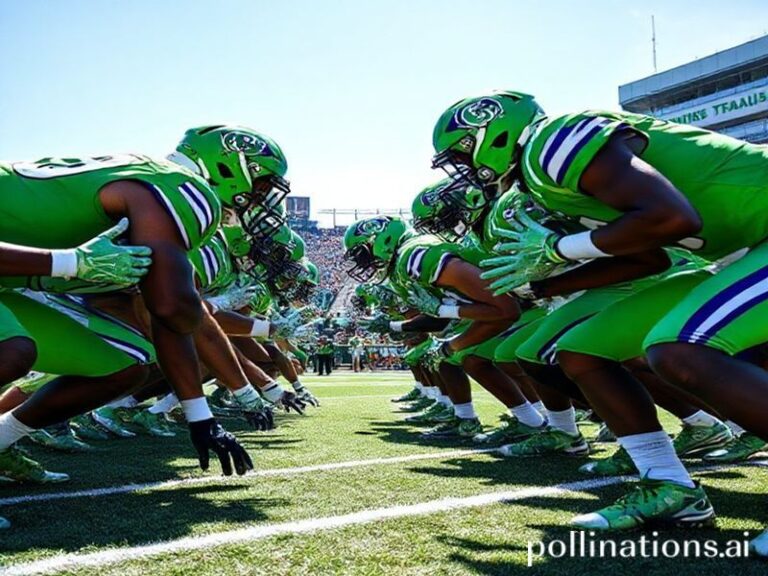9/11’s Global Hangover: How 102 Minutes of Terror Became a 23-Year World Tour
**The Day the World Got a Passport Stamp It Never Asked For**
Twenty-three years on, and September 11th has become something of a grim annual festival—like Christmas, but with more crying and fewer presents. The planet’s collective trauma has matured into a fine vintage of paranoia, served chilled at every international airport security checkpoint from Reykjavík to Riyadh.
The attacks themselves lasted 102 minutes, roughly the same duration as a mediocre Hollywood blockbuster. But unlike Hollywood’s explosions, these came with no sequel rights and an unlimited global franchise that keeps spawning spin-offs. From Bali to Baghdad, Madrid to Mumbai, the franchise has proven remarkably adaptable to local markets, each region adding its own cultural flavor to the basic recipe of spectacular violence.
The ripple effects have been nothing short of extraordinary. Airport security transformed from a bored man glancing at your passport to an elaborate kabuki performance where grandmothers remove their shoes and business executives surrender their artisanal water bottles. The global economy developed a $100 billion-a-year security industrial complex—because nothing says “we’re winning” like turning fear into a growth industry.
Internationally, 9/11 became the ultimate geopolitical Swiss Army knife: handy for justifying everything from invasions to surveillance programs. Russia used it to crack down on Chechnya, China found it perfect for Uyghur oppression, and India discovered it worked wonders in Kashmir. The “War on Terror” became like a global frequent flyer program—everyone was collecting points, but nobody seemed to reach the reward tier.
The Middle East, of course, won the lottery nobody wanted. Afghanistan became the guest who wouldn’t leave, staying for two decades of “nation-building” that somehow left the nation in pieces. Iraq received democracy delivered via cruise missile—a novel approach to political science that killed approximately 200,000 people. The region’s map got so thoroughly scrambled that even Google Maps started suggesting “recalculating” as a permanent status.
Europe discovered that its post-WWII vacation from history had ended. London’s transport system learned that bus schedules could indeed get worse, while Paris found that Charlie Hebdo cartoons could be fatal. The continent’s various intelligence agencies began sharing information like teenagers trading gossip—inefficiently, incompletely, but with great enthusiasm.
The developing world watched this unfold with the weary expression of someone who’s seen this movie before. African nations wondered when their ongoing tragedies would merit similar global attention—apparently requiring both oil and CNN coverage for optimal results. Latin America noted with dark amusement that death squads and disappearances were suddenly fashionable when rebranded as counter-terrorism.
China, ever the opportunist, used the distraction to accelerate its rise while America played in Middle Eastern sandboxes. The People’s Liberation Army learned that economic colonization beats military occupation—same extraction, fewer body bags. By the time Washington noticed, Beijing had already bought half of Africa and most of America’s debt.
The digital revolution that 9/11 accelerated gave us the surveillance state we never knew we wanted. Your smartphone now knows your location better than your mother, and your metadata is more closely analyzed than your ex’s Instagram. Privacy became that quaint concept grandparents reminisce about, like rotary phones or affordable housing.
Yet perhaps the most remarkable transformation is how 9/11 became everyone’s tragedy, regardless of connection. From Tokyo to Timbuktu, people claim ownership of grief like collecting souvenirs. The attacks proved that in our interconnected world, local catastrophes have global season tickets—everyone gets a seat, everyone pays the price.
As another September approaches, the world continues its annual ritual of remembrance and forgetting—remembering the dead while forgetting the lessons, commemorating unity while practicing division, vowing “never again” while ensuring it happens somewhere else. It’s humanity’s most impressive magic trick: turning tragedy into tradition, wounds into scars, and promising that next year will be different. Spoiler alert: it won’t be.







